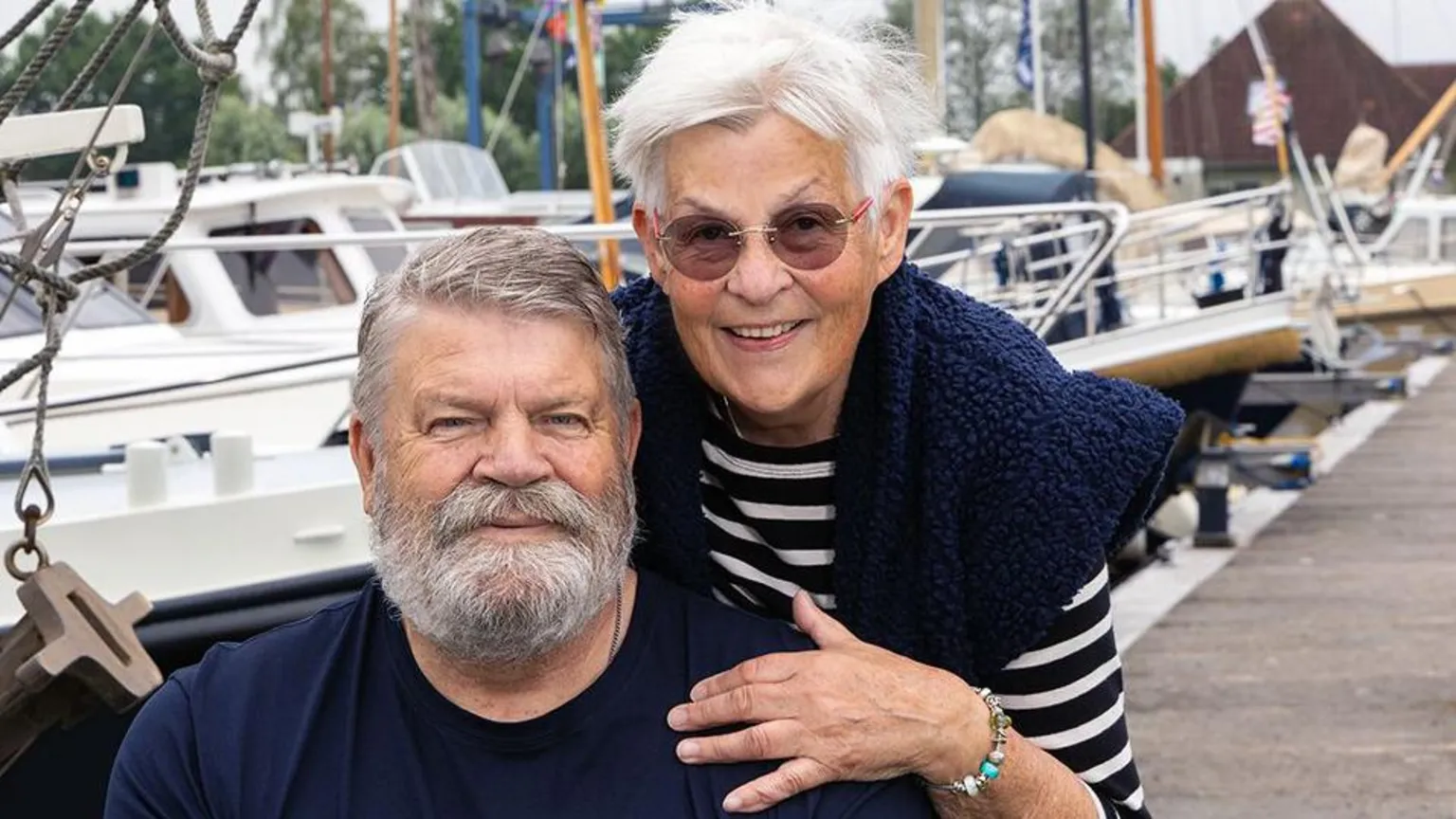Jan and Els shared a remarkable life full of love and adventure. Married for almost five decades, they ended their lives, choosing peace together through duo-euthanasia in the Netherlands, where it’s legal but rare. Their decision stemmed from their deep bond and desire to avoid prolonged suffering. Jan, 70, suffered from chronic back pain, while Els, 71, had dementia. They cherished their mobile lifestyle, living most of their marriage in a motorhome or on boats, embracing their love for travel and each other.
Throughout their lives, Jan and Els experienced countless adventures. From living on a houseboat as a young couple to running a cargo boat business, their love for the water defined their years together. Despite challenges like Jan’s debilitating back pain and the competitiveness of the cargo business, they always found ways to adapt and keep their love for exploration alive. When living on boats became too difficult, they transitioned to a campervan, continuing their mobile lifestyle.
As Els’ dementia progressed, the couple faced difficult choices. They joined the Netherlands’ “right to die” organization and considered euthanasia to avoid further suffering. In November 2022, Els was diagnosed with dementia, prompting serious discussions about their future. By early 2023, they decided on duo-euthanasia, believing it was the best choice to preserve their dignity and love. The process required assessments by doctors to ensure both partners were making voluntary and informed decisions.
On June 3, 2024, Jan and Els spent their final moments surrounded by loved ones. They gathered at a local hospice with their son, grandchildren, and close friends. They shared memories, listened to music, and found comfort in each other’s presence. Jan and Els’ choosing peace together, ending their lives reflects their lifelong commitment to each other and their desire to control their destiny. Their story reminds us of the profound bond between two people and the strength it takes to make such a poignant choice.


